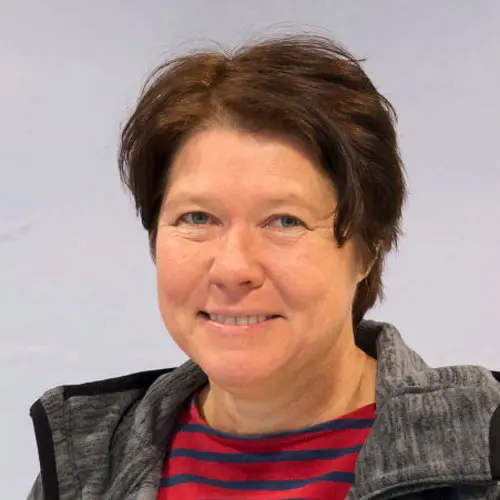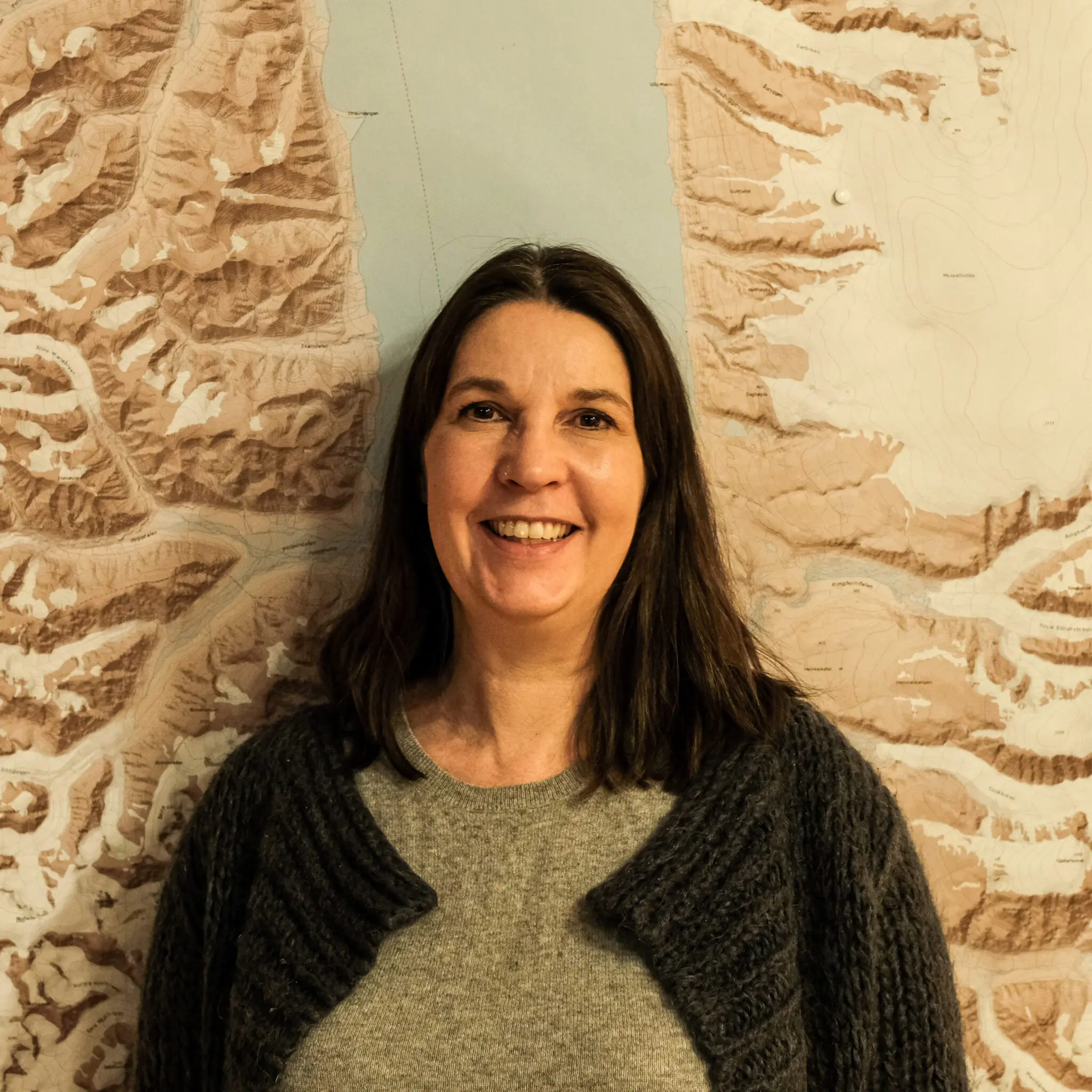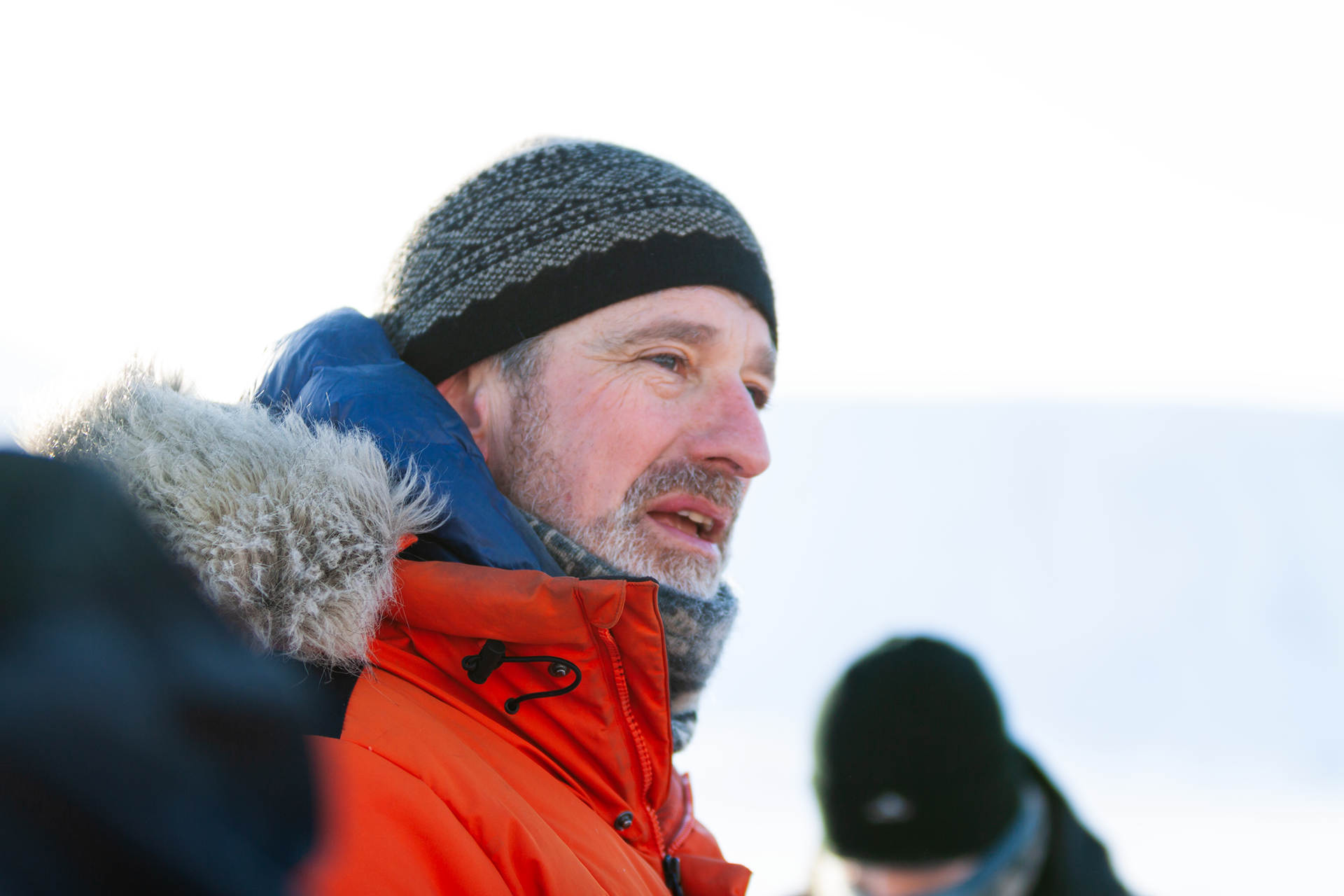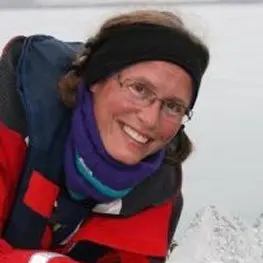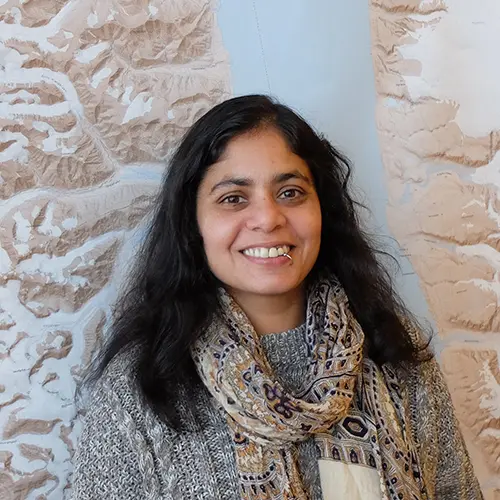New FRAM initiative: Research in the Arctic, for those who live there
The Fram Centre has launched five new research programs with a total budget of 250 million NOK over five years. UNIS is involved in three of the new research programs.

Sea ice in Bjørnfjorden, Svalbard
Press release from UNIS and the Fram Centre
In 2022, five major research projects will be launched in which the member institutions of FRAM – High North Center for Climate and Environmental Research. The programs are mainly financed by funds allocated by the Ministry of Climate and the Environment, and a total of approximately NOK 250 million will be spent over five years.
The research collaboration in the Fram Centre was established in 2010 and has been successful. This is reflected in new grants from the ministry. So far, the researchers have collaborated on seven research flagships, where UNIS has been heavily involved. These are now ending and replaced by the new programs. These are the three new research programs where UNIS is involved:
Cumulative impact of multiple stressors in High North ecosystems (CLEAN)
Project CLEAN addresses the cumulative impact and risk associated with multiple stressors in High North ecosystems. The project investigates how climate change, short and long-range transported pollutants, species invasions, and human activities, such as harvesting and aquaculture, jointly affect ecosystems, including their goods and services. Further, CLEAN evaluates the management challenges and options for reducing cumulative impact.
The project will be led by The Arctic University of Norway.
Team
Professor Gijsbert D. Breedveld at UNIS is co-leading WP6 Vulnerability and risk, is site coordinator for the Svalbard case study. Professor Breedveld is an environmental chemist with extensive experience in risk assessment of contaminants in both terrestrial and marine environments. UNIS will also be strongly involved in WP3 Sensitivity. The UNIS contribution will be related to experimental effect studies, field campaigns as well as risk modelling efforts.
From catchment to coast (C2C): Integrating cross-ecosystem approaches into climate change research and ecosystem-based management for northern ecosystems
By focusing on linkages that are likely to be particularly climate-sensitive, and of high societal relevance, and by relying on close cooperation between natural and social scientists from several disciplines and relevant stakeholders, C2C aims to provide critical new knowledge related to: cross-ecosystem climate change impacts, and how to best integrate relevant cross-ecosystem linkages into cohesive (cross-) ecosystem-based management approaches.
Lead institution: Norwegian Institute of Nature Research.
Team
UNIS Associate Professor in sedimentology, Maria Jensen is in the project leader group and co-leading WP2.
Science for Sustainable Governance of the Arctic Ocean
Although the Arctic is warming, it remains an extreme environment; cold, dark, and ice-covered for much of the year, making comprehensive studies extremely challenging. We will focus on the area north of Svalbard and Greenland where spring and summer research cruises with R/V Kronprins Haakon are planned by partner institutions.
The project will be led by the Norwegian Polar Institute.
UNIS is co-leading WP4 and will particularly involve in the work on lower trophic levels. UNIS will also be strongly involved in characterizing sea ice in WP1 and to provide important data on magnitude and speed of Atlantic water inflow in WP2.
Team
Professor Janne E. Søreide is Co-leader of WP4. The overall goal of WP4 is to provide an assessment of the current state of the Arctic Ocean ecosystem within the focus area (fig. 1) and to improve predictive capacity of future changes in that ecosystem which managers and stakeholders can use to ensure the best possible ecosystem-based management of resources and conservation of this unique part of our planet.


